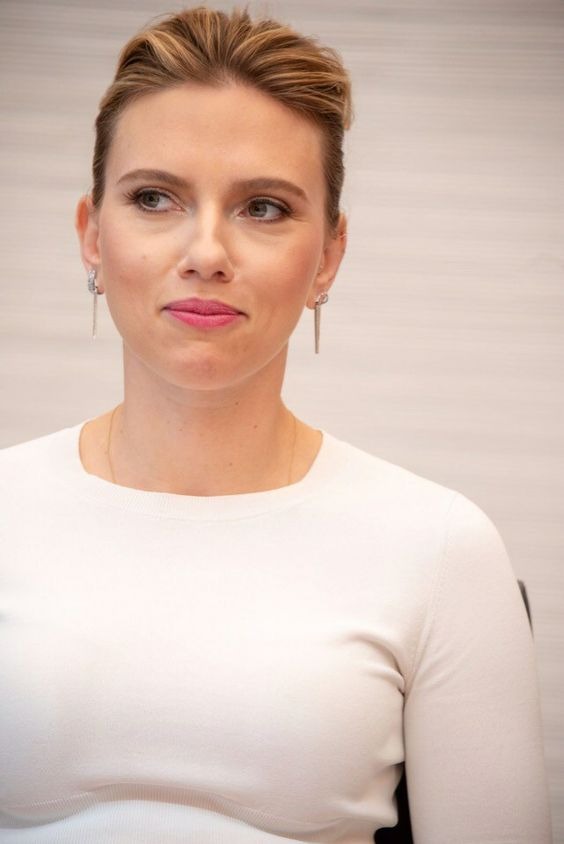In an era where streaming wars are intensifying and the cinematic experience is rapidly evolving, Scarlett Johansson’s lawsuit against Disney over the dual release of Black Widow stands as a watershed moment in Hollywood’s history. This legal battle underscores the seismic shifts occurring within the entertainment industry, as digital platforms increasingly disrupt traditional movie distribution models. Scarlett Johansson, the film’s star and executive producer, took a bold stand by suing the Walt Disney Company, alleging that the simultaneous streaming release of ‘Black Widow’ on Disney+ alongside its theatrical debut breached her contract, which promised an exclusive cinema release.

Scarlett Johansson (Source: Marca)
“Scarlett Johansson is suing the Walt Disney Co. for releasing her movie Black Widow on streaming and in theaters at the same time,” was reported, highlighting a conflict that has resonated throughout Tinseltown. The film, which marked Marvel’s biggest box office debut during the pandemic with $80 million in its opening weekend, quickly saw a downturn in attendance, a phenomenon many attribute to its availability on Disney+.

Scarlett Johansson (Source: NY Post)
At the heart of Johansson’s lawsuit is a contention over how the digital age is redefining compensation and agreements in the film industry. “Her agreement with Disney’s Marvel Entertainment guaranteed an exclusive theatrical release and based her salary in part on the film’s box office performance,” underscores the critical nature of such arrangements for actors and creators who stand to gain from a film’s financial success. Disney’s reʙuттal, ᴀsserting that the release strategy “has significantly enhanced her ability to earn additional compensation on top of the $20M she has received to date,” speaks to the complex dynamics between traditional revenue models and the new frontiers opened by streaming services.

The dispute between Johansson and Disney is emblematic of a larger conversation about the future of film distribution. With the pandemic as a backdrop, the industry has seen a pivot to streaming platforms as a viable alternative to traditional theatrical releases. Films like Pixar’s ‘Soul’ and WarnerMedia’s entire slate opting for simultaneous cinema and streaming debuts have punctuated this trend, challenging long-established norms.

Johansson’s legal challenge is particularly significant, given her attempts to renegotiate her contract in light of the shifting landscape—a move that was met with silence from Disney and Marvel. “Johansson’s complaint says her representatives tried to renegotiate her contract but Disney and Marvel were unresponsive,” reflects not just on one actor’s struggle for fair compensation but on the broader imperative for the industry to adapt to the realities of the digital age.

As we look back on this pivotal moment, it’s clear that Scarlett Johansson’s lawsuit is more than just a dispute over earnings; it’s a bellwether for change in an industry at the crossroads of tradition and innovation. The outcome of this legal battle may very well set the precedent for how Hollywood navigates the turbulent waters of the streaming era, making it a landmark case in the annals of entertainment history.



